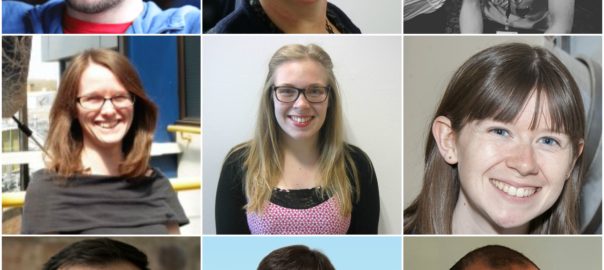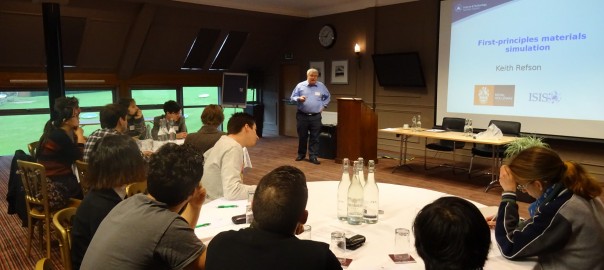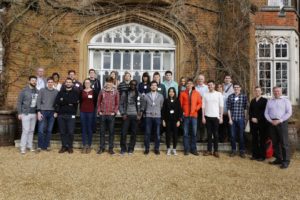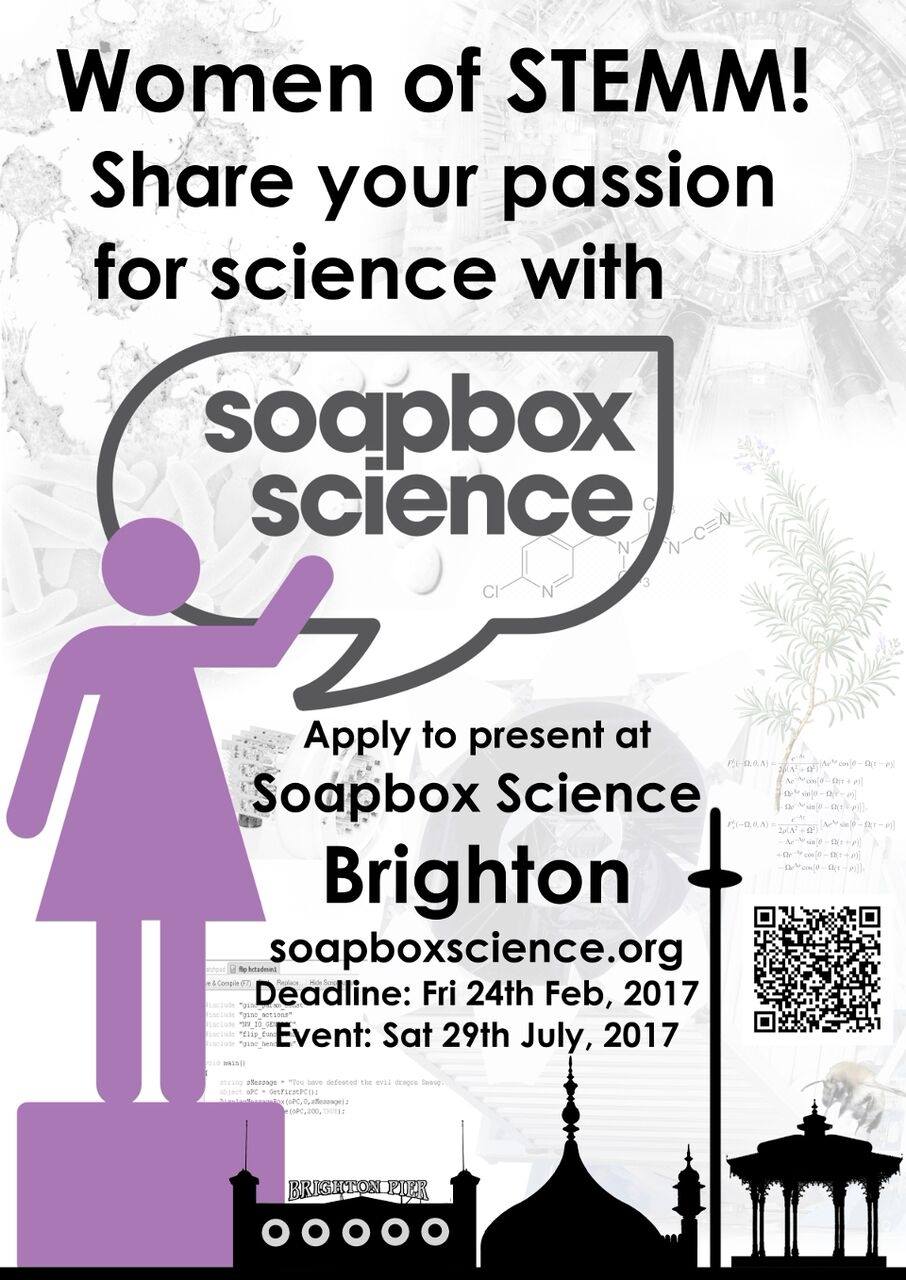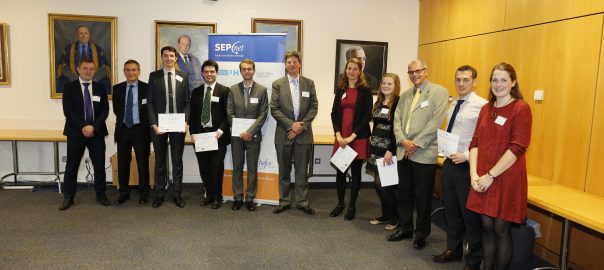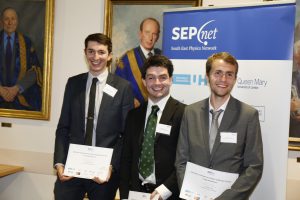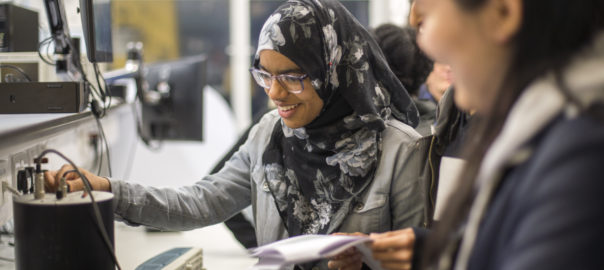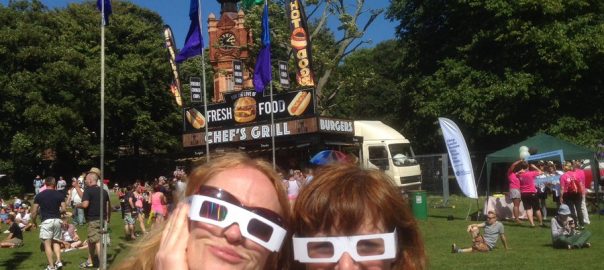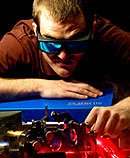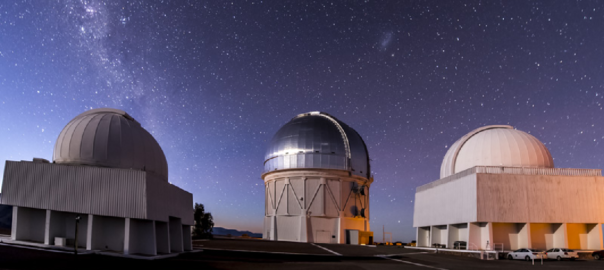
This International Women’s Day, SEPnet Outreach is launching their Shattering Stereotypes Careers Evenings and Physics Graduate Case Studies resources. Across our Shattering Stereotypes Schools we will be holding networking sessions between Year 8 students, their parents and a variety of physics graduates of all genders who have gone to have amazing careers in business, industry and other sectors showing the breadth of opportunities available to them.
Students will be encouraged to look beyond gender and pick graduates they would like to network with based on their and the graduates Type of Scientist (previously developed for SEPnet / WISE’s People Like Me resource).
The evenings will also have a short talk highlighting the issues of Gender Stereotyping and Unconscious Bias. Gender Stereotyping in an issue which affects people of all genders at school. It has an influence on subject choices at GCSEs, which leads to fewer girls taking A-Level physics and therefore also at university. Additionally it affects boys taking up other subjects seen as more traditional girl subjects such as English and psychology. (See Closing Doors / Opening Doors reports by IOP).
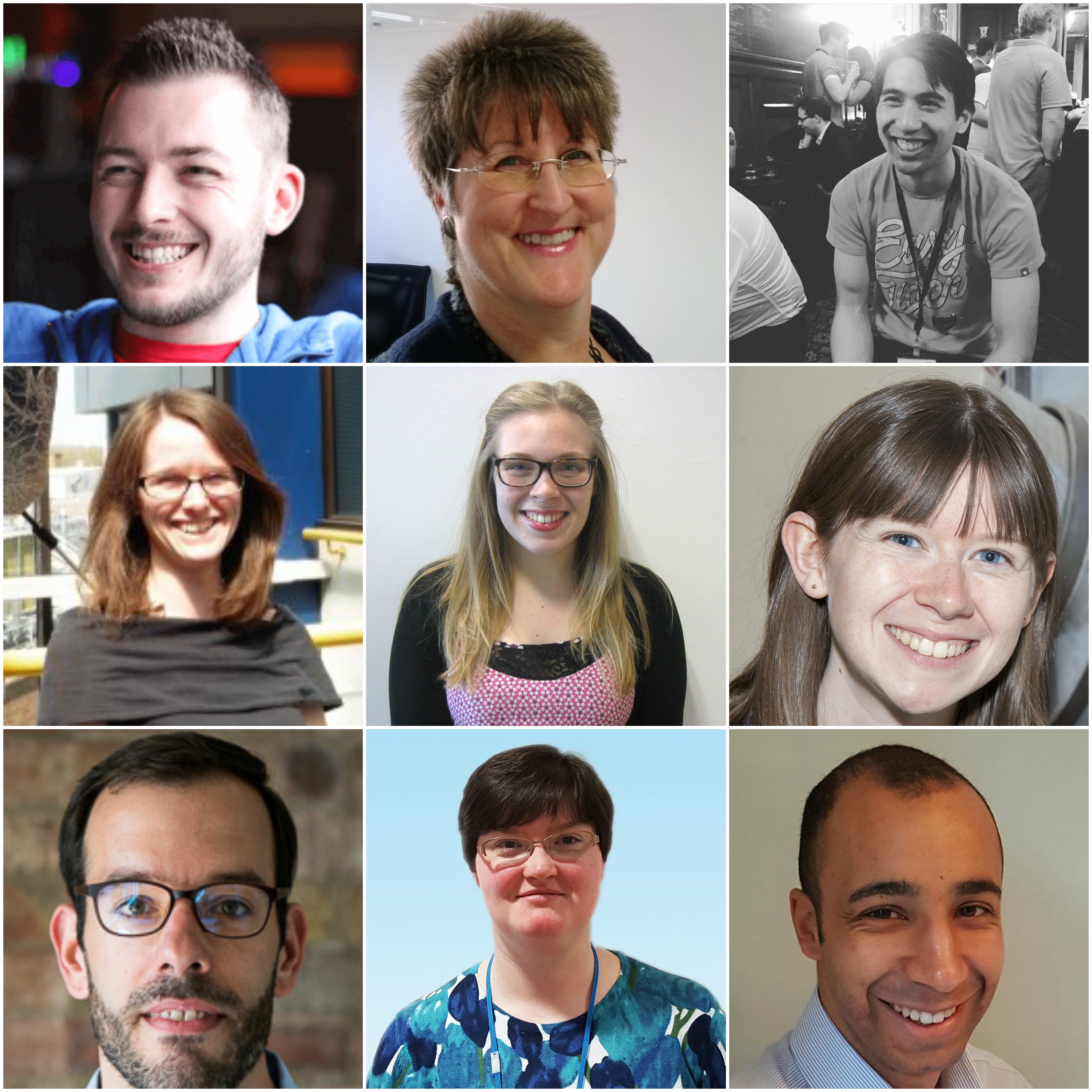 If you would like to use these graduates as Case Studies in your own classroom or outreach activities, you can download the set here. The physics graduates in this set span gender, ethnicity, sexuality, career type and type of scientist. They have been developed to showcase the sheer variety of opportunities physics can open up. This could help embed STEM careers in science lessons, break the science = scientist link and help build science capital with students and their parents. (See Aspires Report)
If you would like to use these graduates as Case Studies in your own classroom or outreach activities, you can download the set here. The physics graduates in this set span gender, ethnicity, sexuality, career type and type of scientist. They have been developed to showcase the sheer variety of opportunities physics can open up. This could help embed STEM careers in science lessons, break the science = scientist link and help build science capital with students and their parents. (See Aspires Report)
If you studied physics at university and would like to take part in the project, please sign up here. If you can’t make one of our events, we are looking to expand the set of Case Studies and especially include graduates who identify as female and are also from an ethnic minority, so that we can explore issues around intersectionality in future workshops.
The Shattering Stereotypes pilot project is investigating how the SEPnet Outreach can help raise awareness of Gender Stereotyping in schools. The pilot project is taking place across five schools:
- Charles Darwin School, Biggin Hill.
- Lampton Academy, Hounslow.
- Overton Grange, Sutton.
- Preston Manor, Brent.
- St Peter’s Catholic School, Guildford.
An evaluation report will be made available towards the end of 2017.
If you would like more information on the project, please do get in touch.

